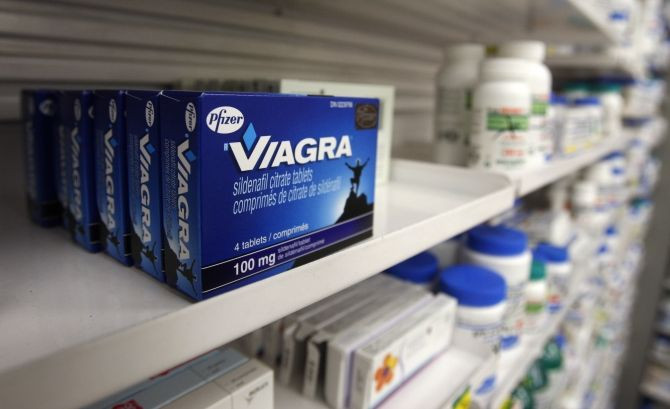Treating Erectile Dysfunction Without Medication: Shockwave Therapy Device Improves Impotence

The same device used to shock and break kidney stones could be used to increase blood flow to treat impotence, the Daily Mail reported.
Extracorporeal shockwave therapy could be used in place of drugs to release shock waves, boosting blood flow in males with erectile dysfunction.
The new technology, which looks a lot like a cell phone, uses only 10 percent of the power used by the kidney stone device and was created after it showed positive signs of improving blood flow in impaired heart tissues.
Erectile dysfunction results from poor blood flow to the penis as a result of narrowing blood vessels, making it difficult for the man to maintain an erection.
Researchers believe these shock waves initiate little damage to activate a healing mechanism and begin forming new blood vessels. The treatment would involve 20-minute sessions, each session sending 5,000 shock waves to the area of treatment.
Rambam Medical Center in Israel performed two studies that were published in European Urology. One administered the treatment in 20 men who had impotence for three years while the second placebo study compared the treatment in 84 men.
They found that the technology increased the length of erection and the rigidity of the penis. In addition, nearly 50 percent of the subjects didn't need any more therapy six months after treatment.
The improvement in maintaining erections was three times greater in those who had the treatment compared to the placebo patients.
Current medications for impotence include Viagra, Cialis, Levitra, and Uprima. Even lifestyle changes like quitting smoking, exercising, and reducing stress in addition to treatments could substantially improve erectile dysfunction. However, there is an 80 percent chance that drug options will be ineffective in some patients.
The new erectile dysfunction technology, produced by the British company Vertec, deviates from past treatment approaches and will only be used in select clinics. It is making its first arrival in the United Kingdom within six months.
The device is ineffective, however, for men with nerve damage resulting from prostate cancer procedures.



























